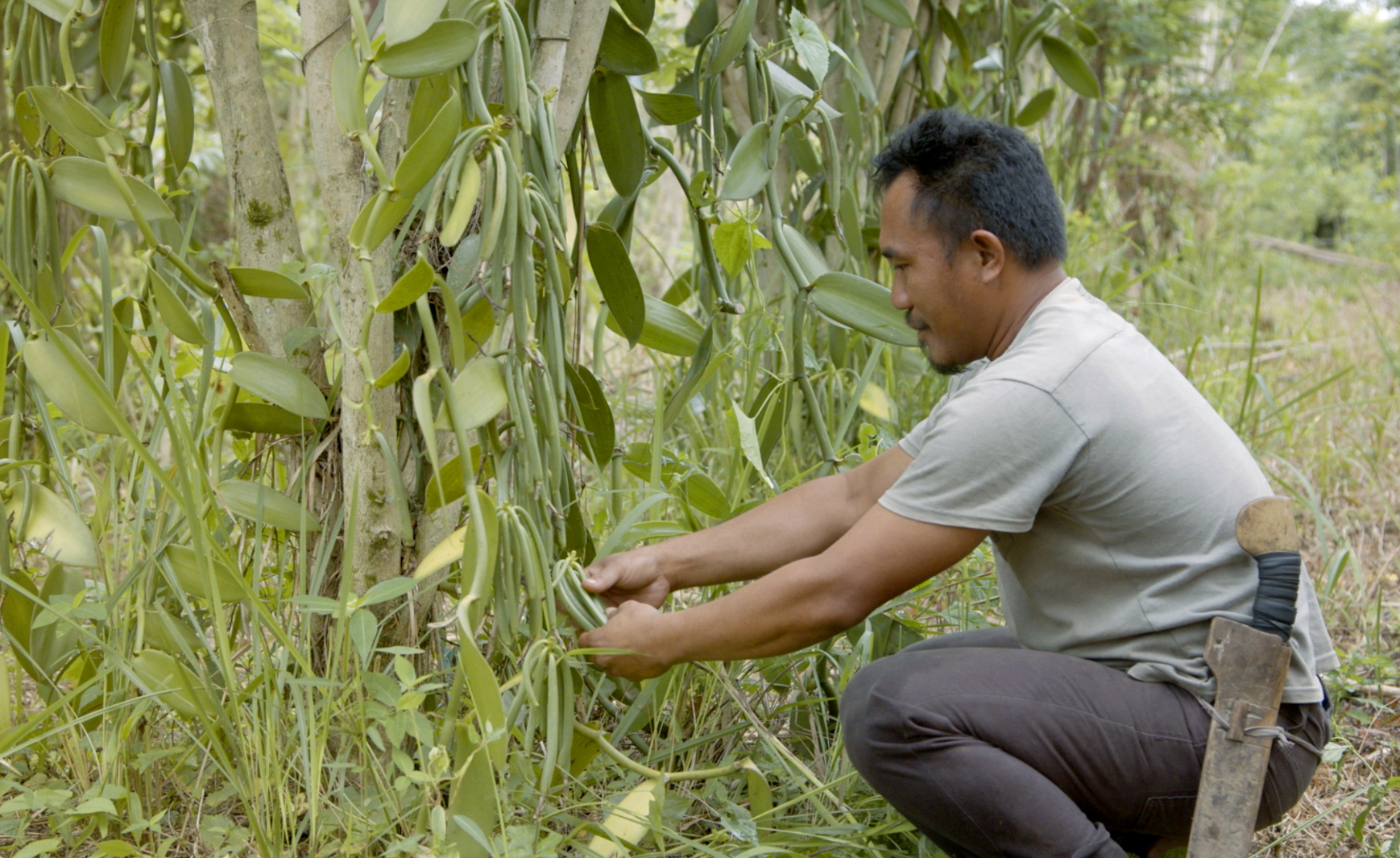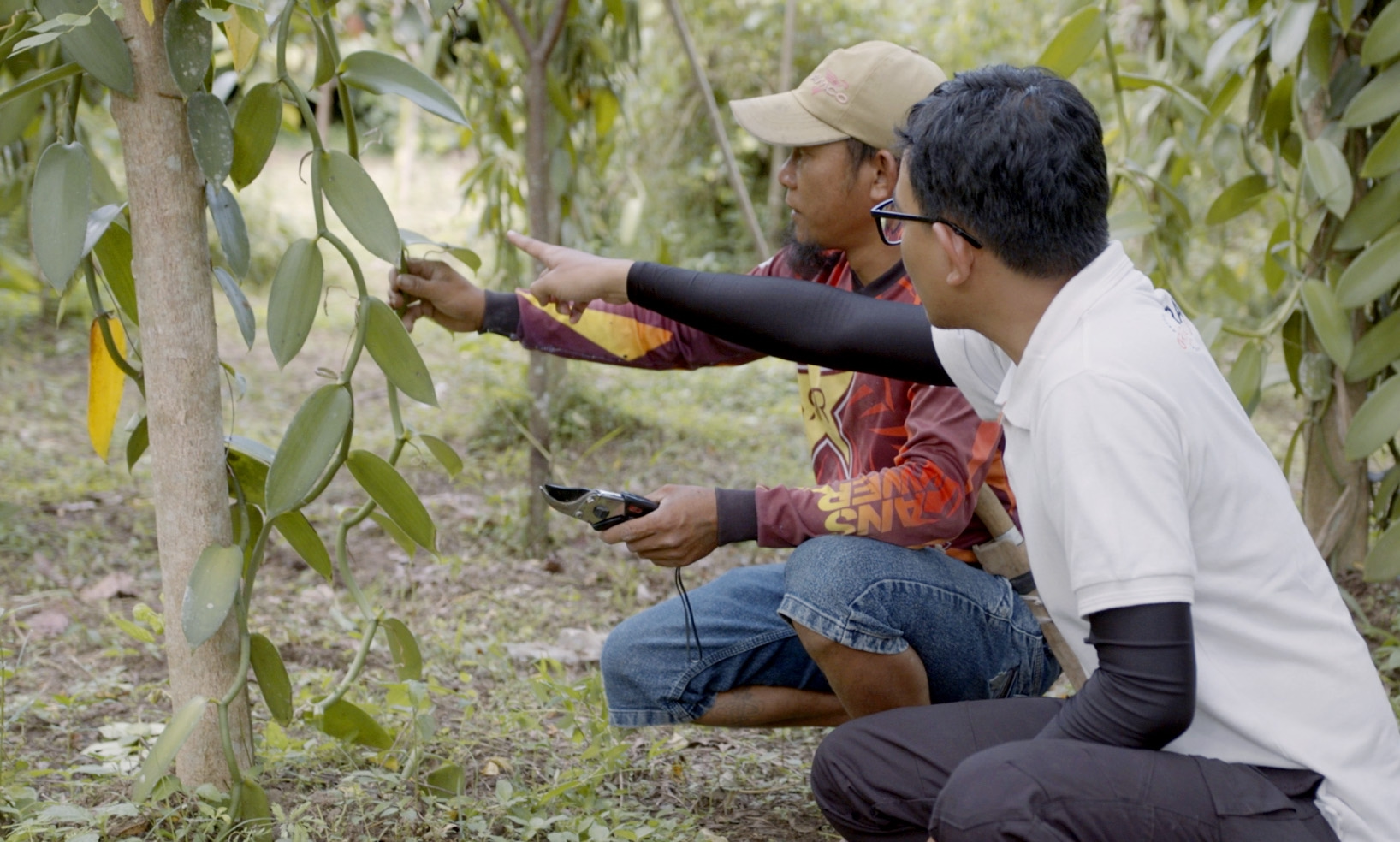Sustainability and Traceability: The Sweet Journey of Vanilla Production
Vanilla production has faced sustainability challenges in recent years. Fortunately, there is a growing movement towards sustainable and traceable vanilla production, aimed at preserving this precious spice for future generations.
Sustainable vanilla production seeks to address these challenges by ensuring that the cultivation and harvesting of vanilla beans do not harm the environment, communities, or future generations. In Tripper, we applied some key principles of sustainable vanilla production:
Organic Farming
Tripper as vanilla producer is transitioning to organic farming methods, avoiding harmful synthetic pesticides and fertilizers. Organic farming promotes healthier ecosystems and soil quality, reducing the environmental impact of vanilla cultivation. The move to organic farming methods is a testament to Tripper's commitment to environmental stewardship. By eschewing harmful synthetic pesticides and fertilizers, the company is not only safeguarding the health of its workers but also preserving the delicate ecosystems where vanilla thrives.

Agroforestry
Vanilla is often grown in conjunction with other crops or within natural ecosystems in a practice known as agroforestry, where vanilla vines coexist harmoniously with native trees, crops, and other vegetation. This method not only helps preserve biodiversity but also provides additional income streams for farmers.
Fair Trade
Fair trade initiatives aim to improve the living conditions of vanilla farmers by ensuring they receive fair prices for their products. This helps combat poverty in vanilla-producing regions and ensures the sustainability of the industry.

One of the most significant developments in the quest for sustainable vanilla is the implementation of traceability systems. These systems enable consumers to track the journey of their vanilla from farm to table, ensuring transparency and accountability throughout the supply chain. By providing information about where and how the vanilla was produced, consumers can make informed choices that support ethical and sustainable practices. Tripper regularly visits the field to work closely and assist the farmer. Tripper also has an integrated mobile app tool for monitoring which contains updated data of each producer